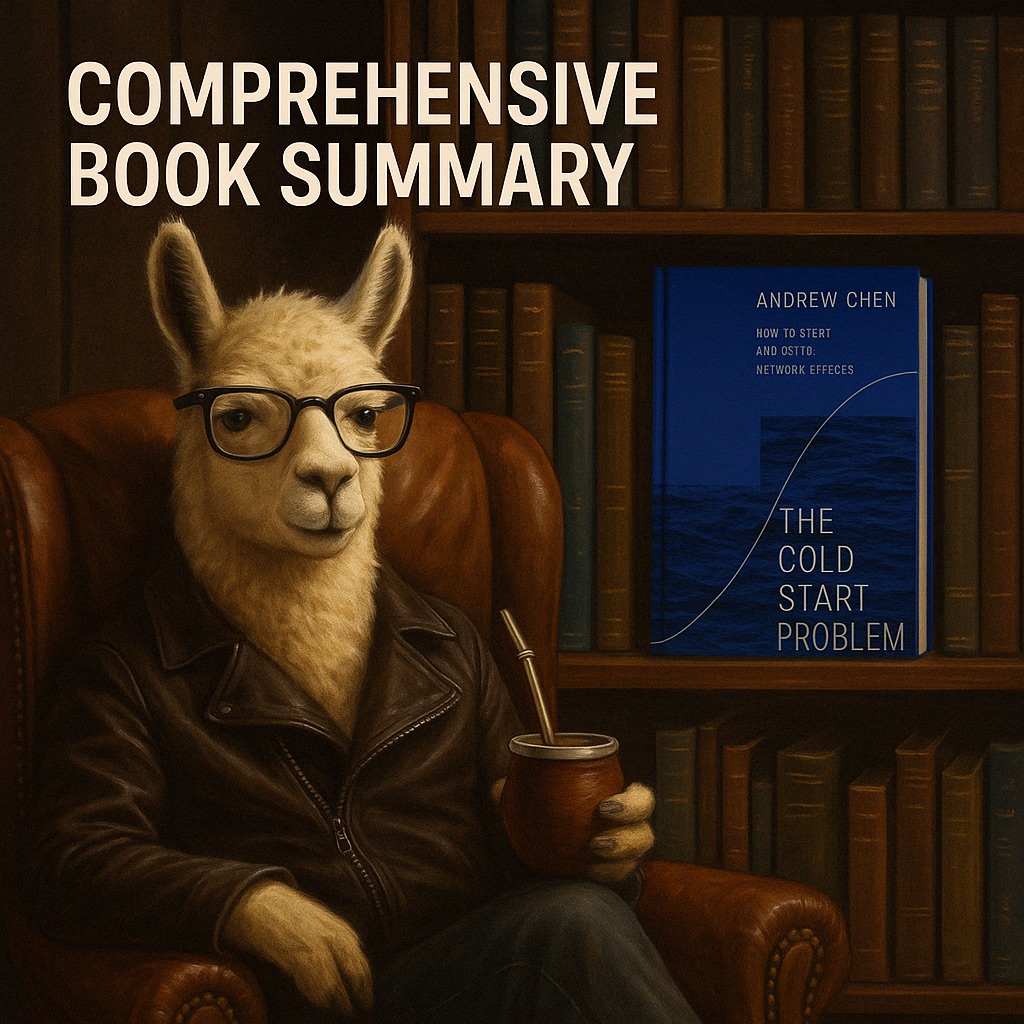Intel Plans Major Workforce Reduction Amid Strategic Overhaul

(Reuters) - Intel Corporation is poised to announce plans this week to significantly reduce its workforce by more than 20%, a strategic decision aimed at streamlining operations and minimizing bureaucratic inefficiencies, according to a report by Bloomberg News. This information comes from a source familiar with the company's internal discussions.
The upcoming layoffs are part of a comprehensive strategy by the new management to cultivate a more engineering-focused culture within Intel, which has faced numerous challenges in recent years. The company has struggled to maintain its competitive edge in chip manufacturing, particularly as it lost its long-standing leadership position to Taiwan Semiconductor Manufacturing Company (TSMC). Additionally, Intel has failed to capitalize on the explosive demand for artificial intelligence processors, allowing competitors like Nvidia to thrive in this burgeoning market.
Intel has not yet commented publicly on this report, as it did not respond immediately to a request for information from Reuters. Following this news, shares in Intel experienced a notable increase, rising by over 4.5% in premarket trading on Wednesday, reflecting investor optimism about potential changes.
These anticipated job cuts mark a significant move under the leadership of new CEO Lip-Bu Tan, who took the helm of Intel just last month. Tan's primary objective is to revive the struggling American semiconductor giant after a series of setbacks and management missteps. Last month, it was reported that Tan was planning an extensive overhaul of Intel's manufacturing and artificial intelligence operations, which had been underperforming and required urgent attention.
In line with this restructuring effort, Tan has also initiated plans to flatten the company's leadership hierarchy, aiming to enhance communication and decision-making efficiency. Furthermore, he appointed a new chief to spearhead Intel's AI initiatives, underscoring the company's commitment to reclaiming its position in the AI sector.
However, the future of Intel's AI strategy remains uncertain, particularly after the company decided to limit its Falcon Shores chips to internal testing. This decision has left Intel without a competitive flagship product in the rapidly evolving AI market, raising concerns among analysts and investors alike.
Intel is scheduled to reveal its first-quarter financial results on Thursday, which will provide a clearer insight into Tan's turnaround strategy amid external challenges, such as the escalating trade tensions between the United States and China. The ongoing trade dispute poses the risk of reciprocal tariffs, which could further complicate Intel's recovery efforts.
These planned layoffs come not long after a significant workforce reduction was announced last August, when Intel revealed intentions to cut 15% of its workforce as part of a turnaround strategy initiated by former CEO Pat Gelsinger. Gelsinger's ambitious plans aimed to restore Intel's dominance in chip manufacturing but ultimately failed to gain the confidence of the company's board. The board felt that the turnaround process was not progressing at an adequate pace, leading to Gelsinger's dismissal at the end of the previous year.
As of late 2024, the Santa Clara, California-based company reported having approximately 108,900 employees, indicating the substantial scale of the workforce reductions that are now on the horizon.
(Reporting by Bipasha Dey and Zaheer Kachwala in Bengaluru; Editing by Sherry Jacob-Phillips, Alan Barona, and Shounak Dasgupta)



















